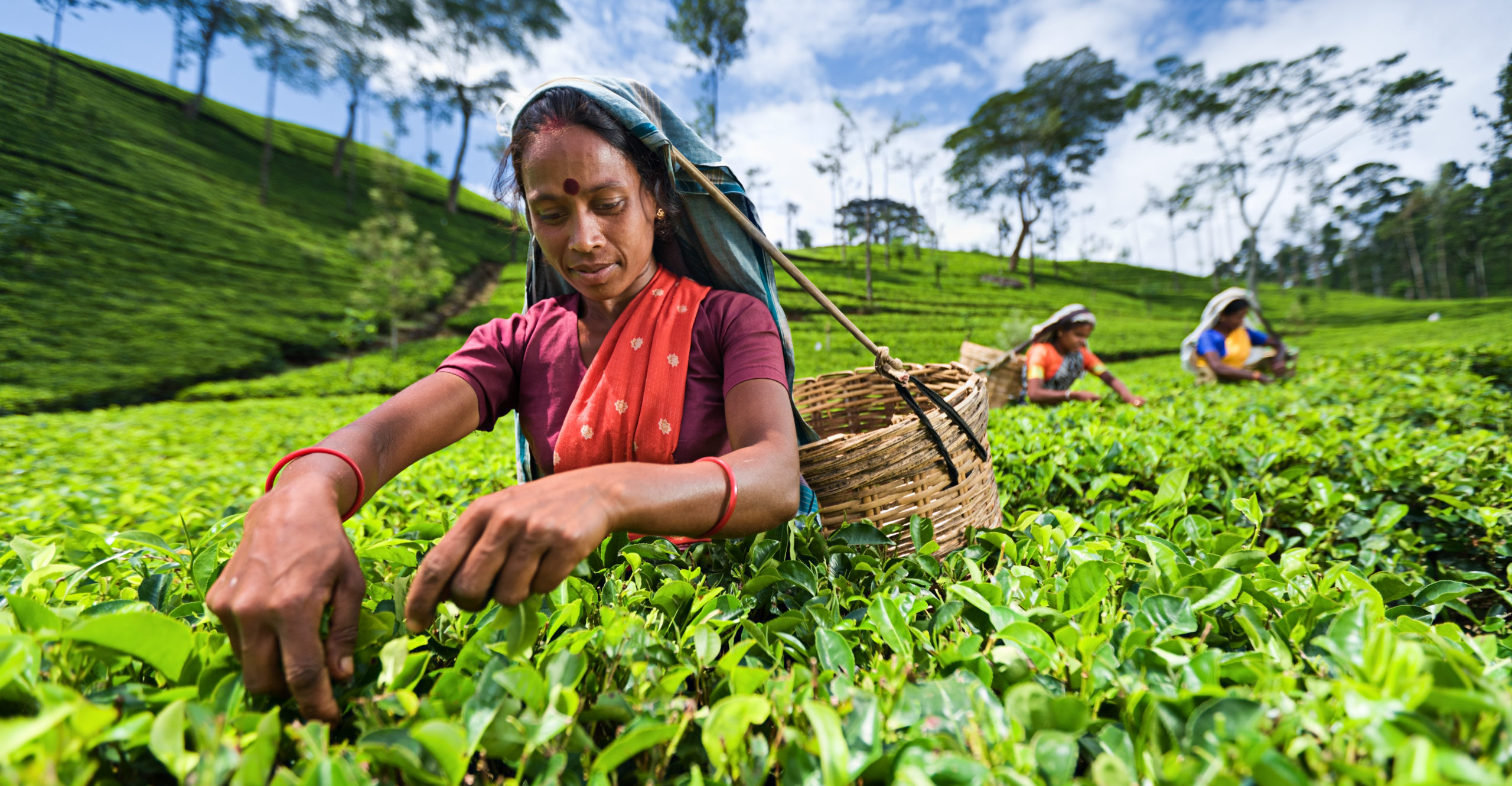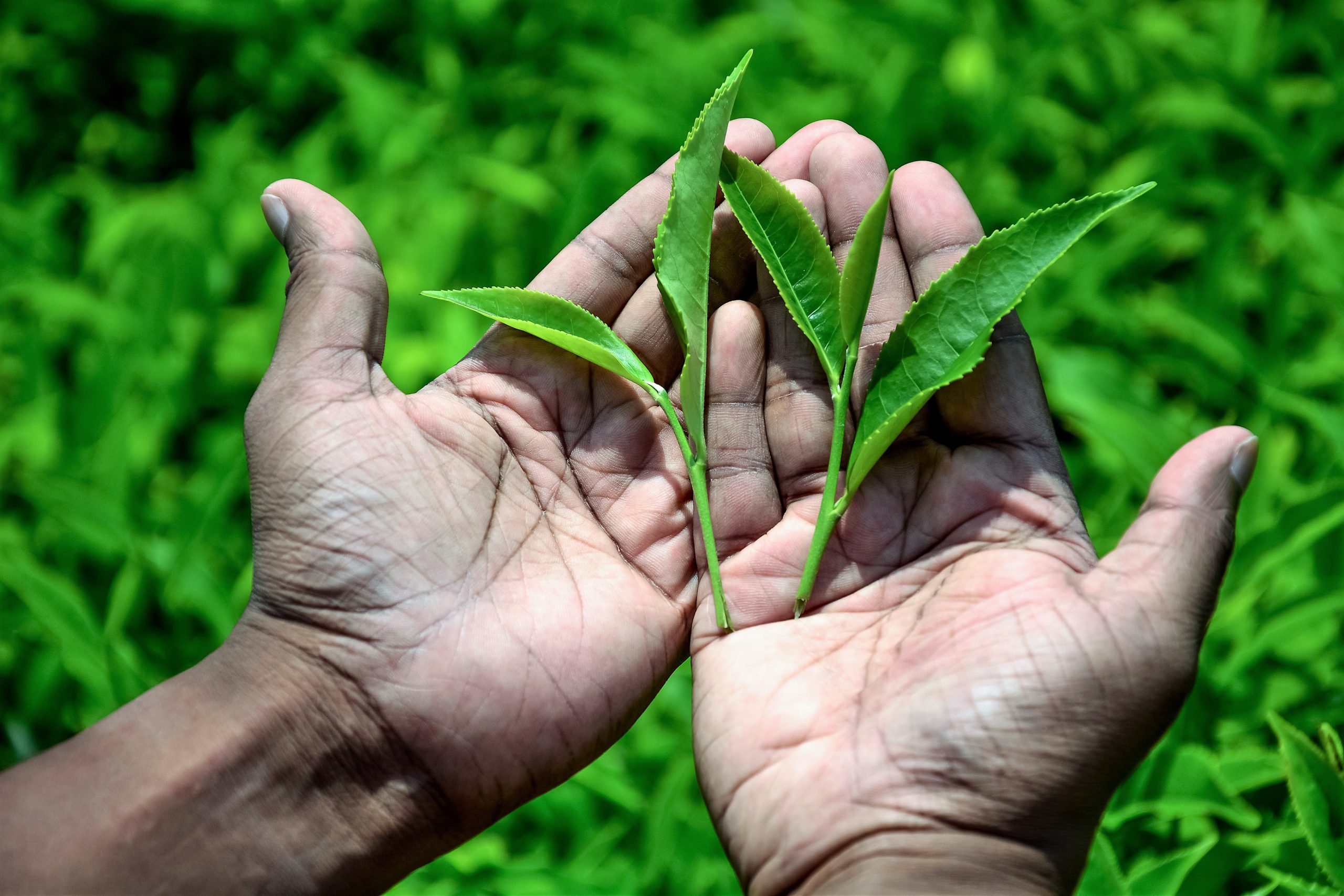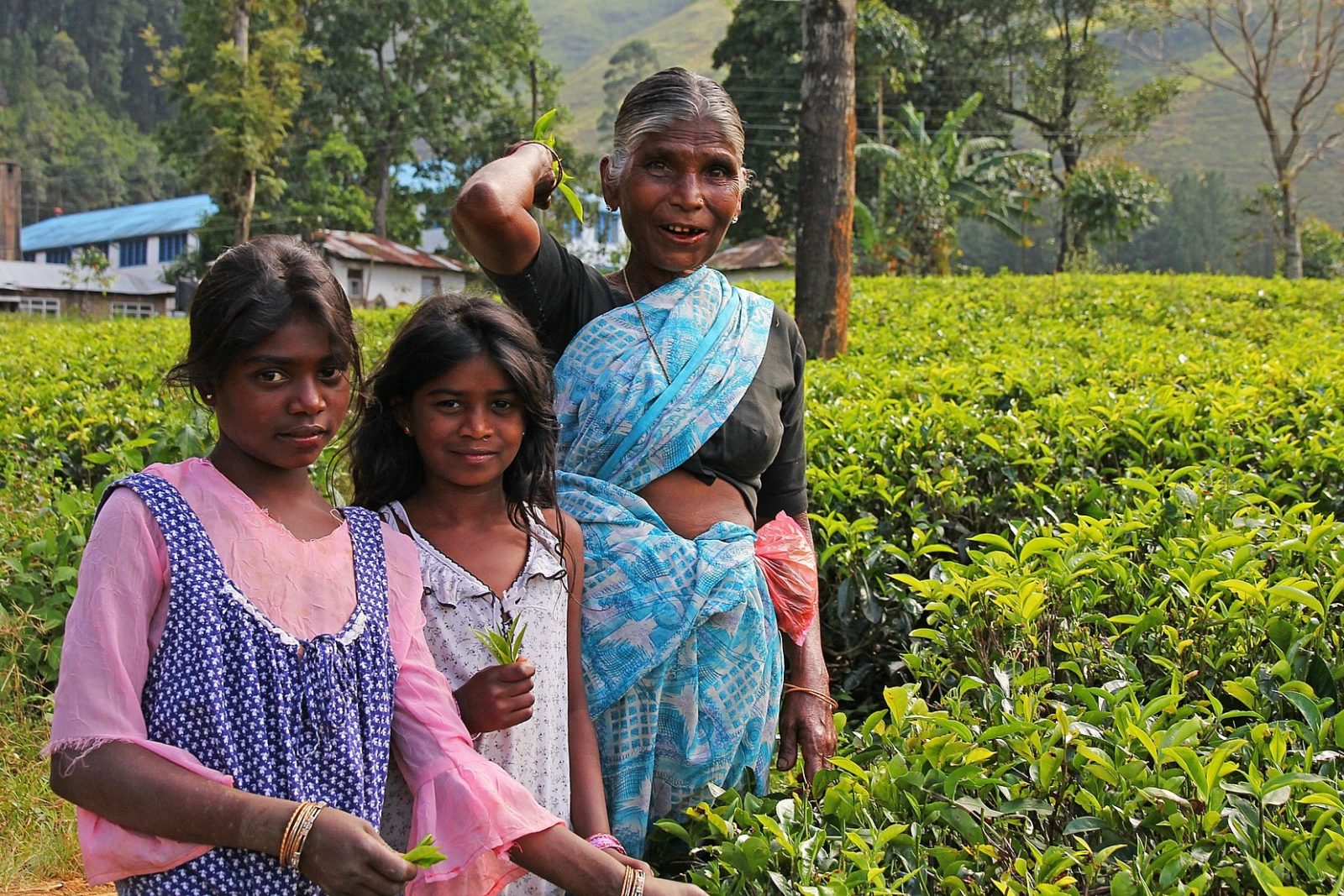
Culture of Innovation
Brewing up change under COVID-19: Transforming how tea is bought and sold in Sri Lanka
A cloud-based auction system keeps buyers and sellers socially distanced, safeguards a 150-year-old industry, and protects the livelihoods of almost two million people
Boil the kettle, fill the pot, and raise a celebratory cup. Sri Lanka’s renowned tea industry has just dodged a potentially devastating COVID-19 shutdown by swapping a 19th-century way of buying and selling with 21st-century digital innovation.
Industry leaders have quickly deployed a virtual e-auction system that keeps buyers and sellers of the world’s favorite beverage safely apart and socially distanced.
They have been barred from their usually crowded auction rooms. But thanks to the agility and security of the cloud, they can stay still do business and keep the industry functioning. That, in turn, safeguards almost two million people who rely on tea growing, production, and exports for their livelihoods.
Tropical Sri Lanka, known as Ceylon in British colonial days, has been growing premium teas since the days of the East India Company around 150 years ago, and it remains one of the world’s great producers.
Picking, sorting, processing, and grading tea leaves make up the fabric of life here. And ensuring that people around the globe get their daily cups of chai, Earl Grey, English Breakfast, or Orange Pekoe is crucial to the local economy and jobs.
To maintain all the above, this multimillion-dollar industry relies on the Colombo Tea Auction – a weekly event that has been held in the national capital under rules and procedures largely unchanged since they were first laid down in the 1880s and 1890s.
Until now, putting lots of fine Ceylon tea under the hammer and up for export was a noisy and very physical affair. Bidding echoed in rapid-fire across the three theater-like auction rooms that were often packed with hundreds of brokers and officials, many of them jotting down numbers of paper sheets.
This ritual ended in mid-March, not because it was regarded as old-fashioned or inefficient, but as a matter of health and safety.
“When the COVID-19 pandemic hit our country, it was impossible for our traditional tea auction to follow social distancing and other health guidelines,” recalls Jayantha Edirisinghe, Sri Lanka’s Tea Commissioner.
The auction schedule was suspended for two weeks. With a potentially devastating economic shock looming, the Sri Lanka Tea Board and its Tea Traders Association turned to a local Microsoft partner, CICRA Solutions, to create a fast digital alternative that would also incorporate the spirit and ways of the old system.
The company had previously scored successes for the industry by automating its complex tea brokering practices and by modernizing the Tea Board’s back-office system. Now, with the pandemic worsening, the time had come for a digital transformation of the whole auction process.
With some guidance from Microsoft’s experts, CICRA Solutions moved ahead with a two-step approach. Eventually, it would develop an advanced e-auction platform for long-term use. But in a crucial first stage, it quickly developed a minimum viable product (MVP) solution that re-established business continuity.
Buying and selling are now conducted safely and securely via Microsoft Azure, with traders bidding virtually from their homes or offices. The first e-auction went off well with high demand.
“It was quite a challenging project for all of us,” says Buddhika Gayan, Engineering Manager at CICRA Solutions. “We had only six days to complete the product and manage the full development lifecycle.”
Because of restrictions on movement around Colombo, “all team members worked and contributed from home, which was made easy by Microsoft Teams.”
Putting it all together
“Azure SQL services were used for database hosting. Therefore, it was much easier to do the configurations while doing speedy development. It was a plus point that we could scale up the servers as per the performance requirements,” Gayan says.
“For the application server, we used Azure App Services. UAT and production environments are managed in different deployment slots. As there was a requirement to restrict the access, we used Azure CDN and the geo-filtering features. During the live operation, we monitored system performance using Application Insights. It was very useful to take necessary actions related to product scaling.
“Our long-term objective is to further develop this solution into a world-class tea and commodity auction solution with AI and analytics and then market that globally.”
Stakeholders on all sides of the tea industry have praised CICRA Solutions for deploying its impactful solution so quickly.
Anil Cooke, who heads a task force at the Ceylon Tea Trade Association, says the e-auction solution “has transformed the lives of almost two million people in the Sri Lanka tea industry by sheltering them from the consequences of a COVID-19 shutdown.”
“The e-auction, with all its competitiveness and nuances, was launched in less than a week through herculean effort, dedication, strong collaboration between stakeholders, and very smart and tireless work by CICRA,” he says.
Eashan Perera, who is Deputy General Manager at Talawakelle Tea Estates PLC, described the switch as “an absolute blessing” that “has injected much-needed cash flows into the plantation sector at a time when the pandemic has crippled many (other) industries.”
















